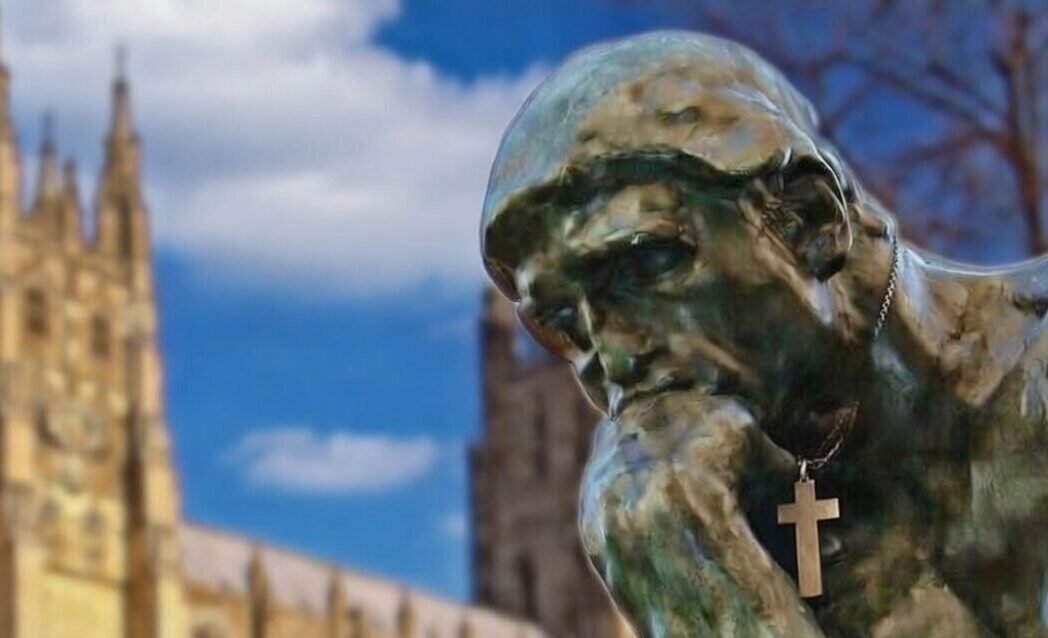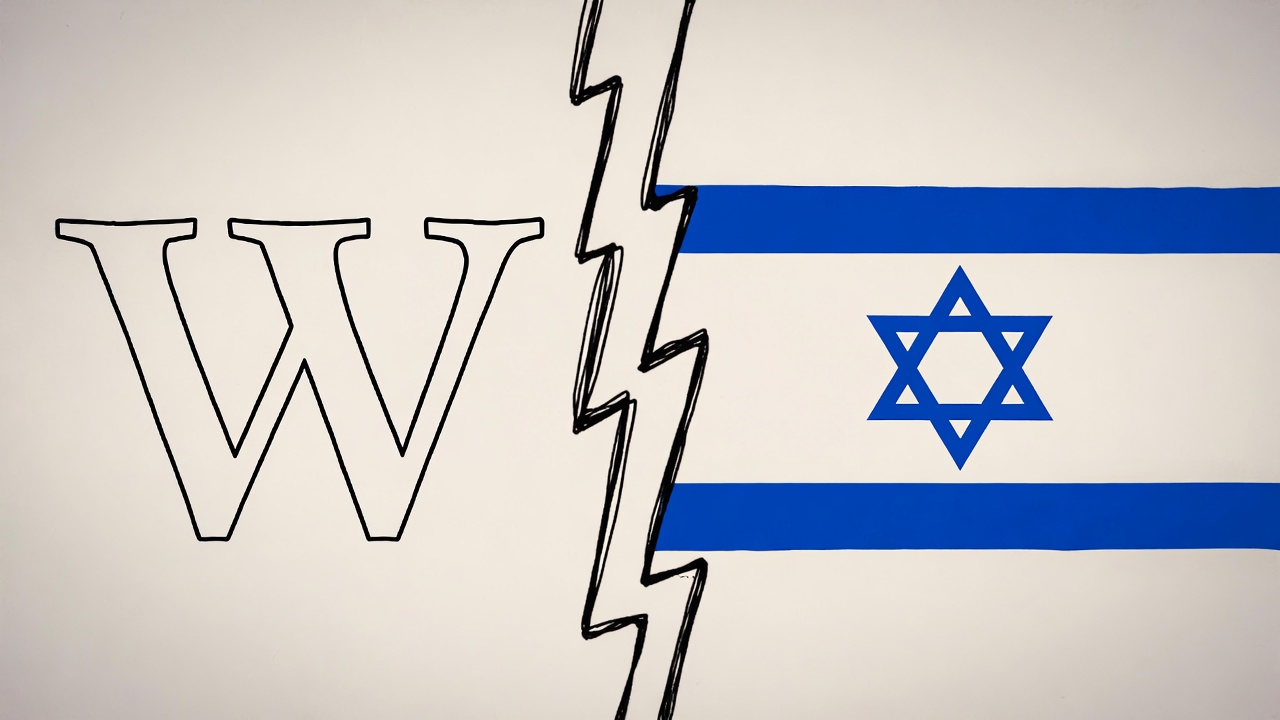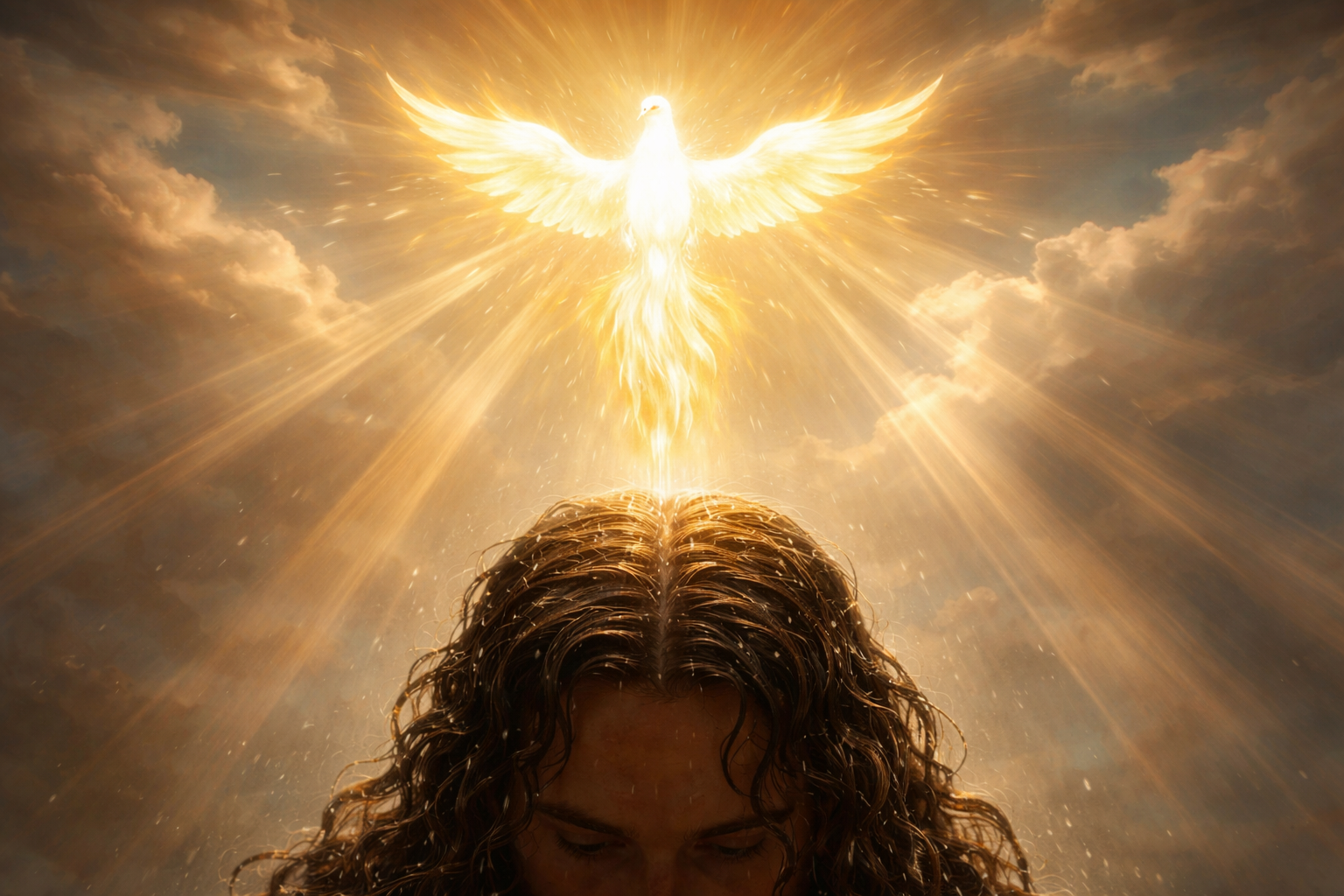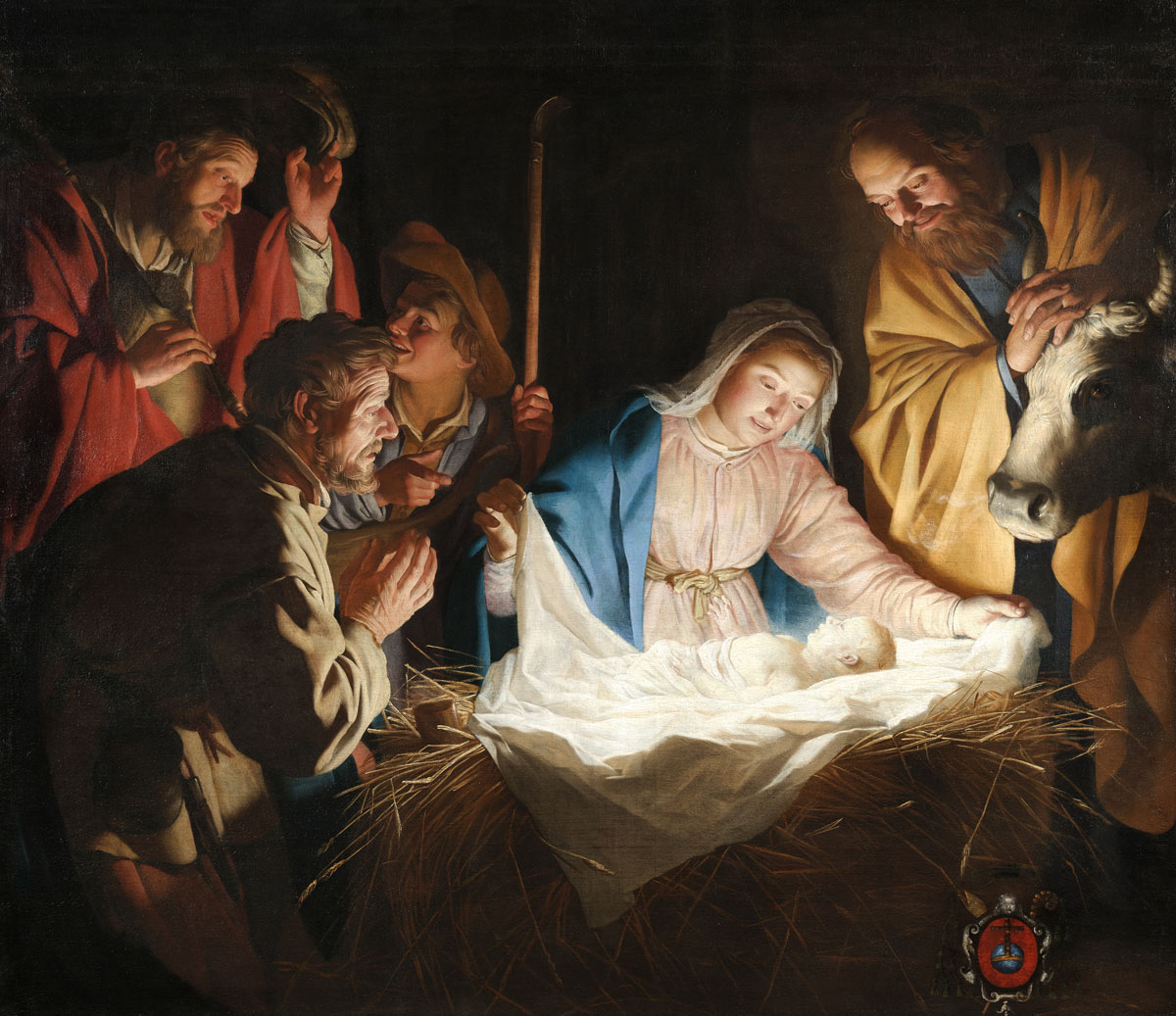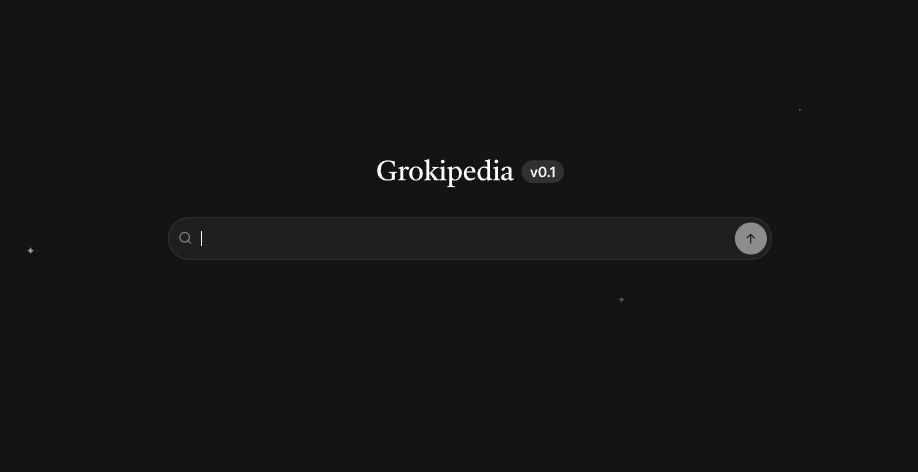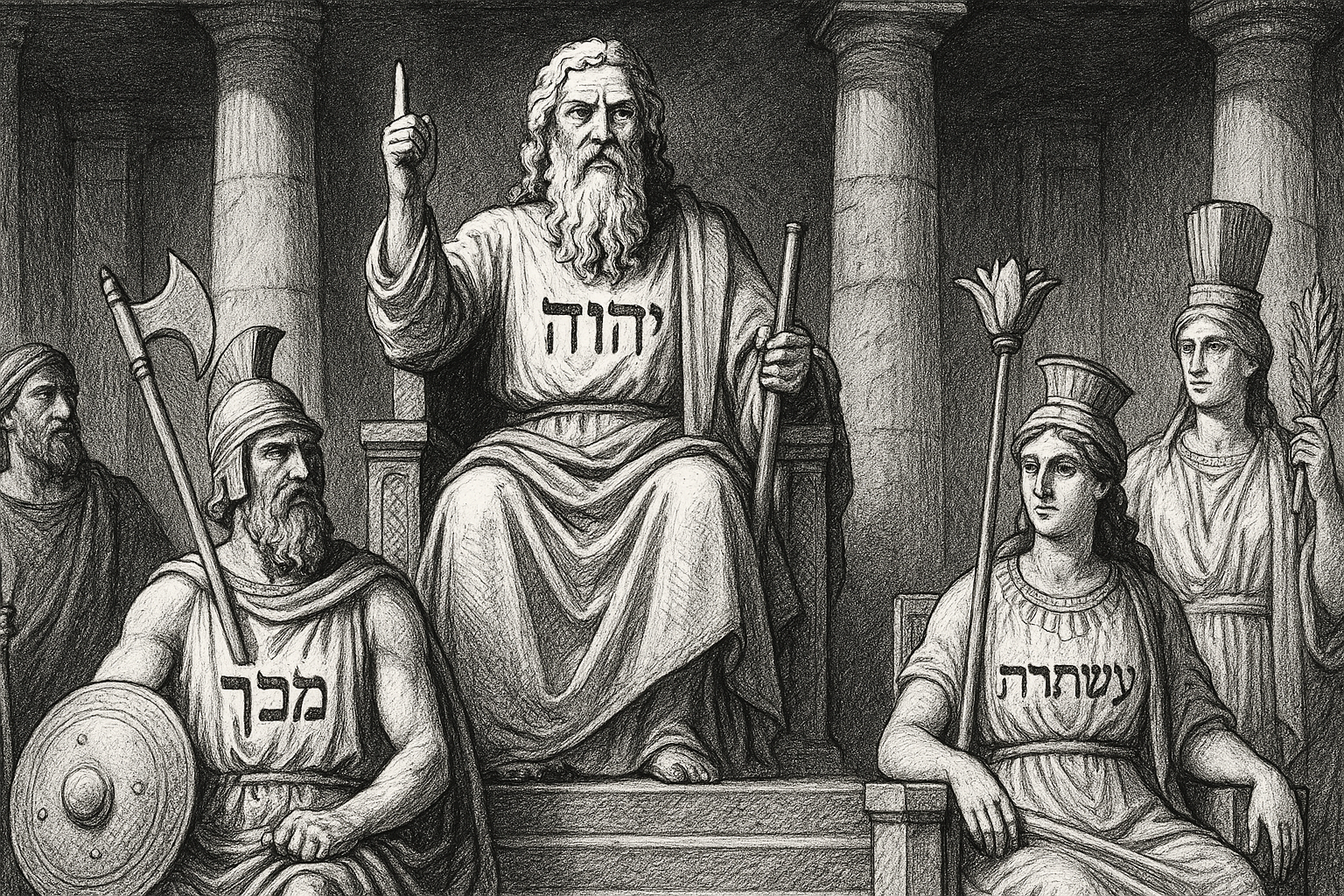Nine Theses on Wikipedia: A Special Feature
I submit these nine theses to Wikipedia’s community and to the world. I do this, as Martin Luther said when he posted his famous 95 theses, “Out of love for the truth and the desire to elucidate it.” A quarter of a century ago, Jimmy Wales’ company Bomis hired me to start a free encyclopedia. The first draft, from which we learned much, was Nupedia—it made slow progress. So, a year later, on January 2, 2001, when a friend told me about wikis, I immediately began imagining a wiki encyclopedia.
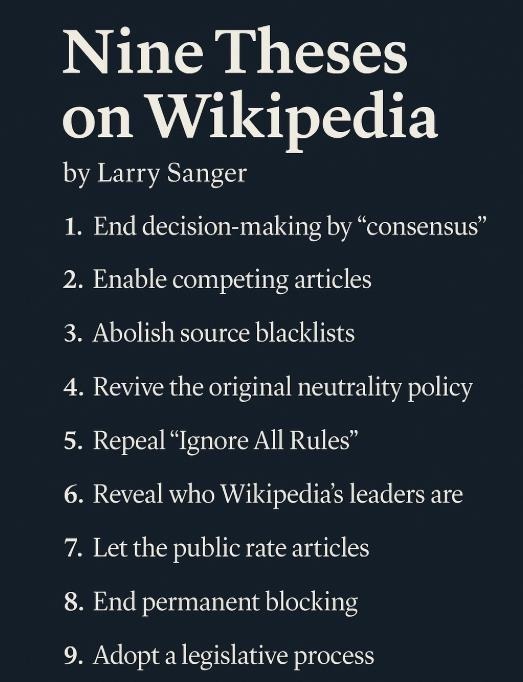
My Blog
In Praise of Small Bars of Soap
There is a kind of person—and mood, and outlook on life—for which slow-to-disappear bars of soap are a problem. You know what I mean. You start a new bar of soap. A week
No comments on In Praise of Small Bars of Soap4 minutes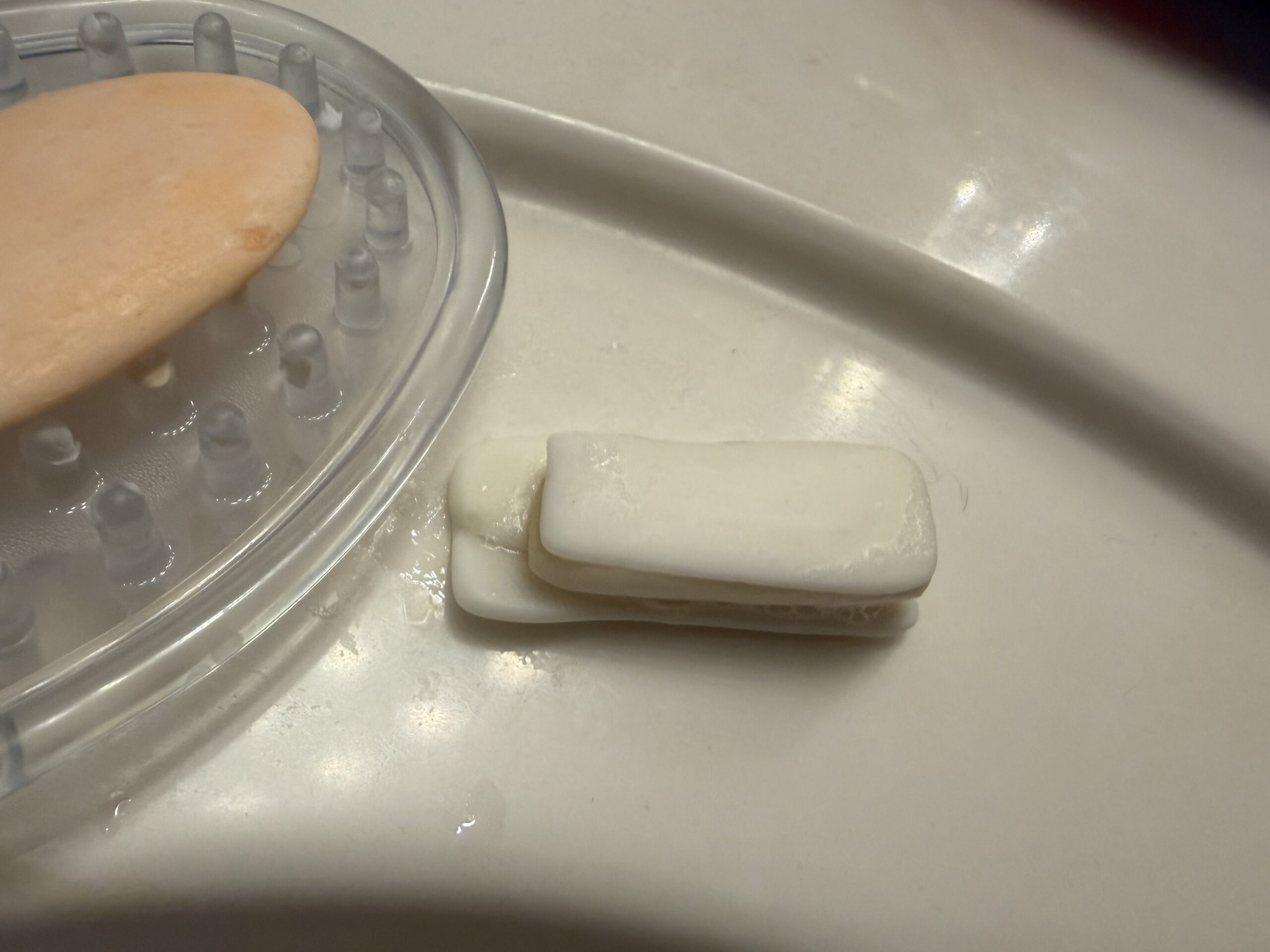
A Historical Bibliography of Philosophy of Religion (according to LLMs, edited by humans)
This was generated by LLMs with a few additions and corrections by me (and you, I hope). I looked it over and corrected anything I thought wrong and improved anything needing improvement; but
25 minutes
Should we affirm sola fide?
Note: This essay on the nature of faith and salvation was originally posted as part of a much longer series. Because it was buried in that series, like a chapter of a book, it did
29 minutes
A note on NPOV, ledes, and the erasure of dissent
The following comment originally appeared on a Wikipedia talk page. Posted on X: please retweet. I looked again at Wikipedia’s Gaza genocide article and, as I said last year, I don’t believe it
5 minutes
Plan for a Public Notebook
Some background My strange career began with academia and a little college teaching, and then a series of knowledge and education startups and consulting stints. I have rarely been short of interesting opportunities,
8 minutes
Is the Filioque legitimate, or a corruption?
Note: This essay was originally posted as part of a much longer series. I think that because it was buried in that series, like a chapter of a book, it did not get
17 minutes
The Meaning and Main Texts of Christmas
As many people now seem to claim Christmas as a kind of “spiritual but not religious” holiday—most not believing that Jesus is God—the actual significance of the Advent and Incarnation has become opaque.
19 minutes
Grokipedia: a first look
To begin with my credentials for those who arrive here not knowing who I am: I’ve started, or helped start, five encyclopedias and meta-encyclopedia projects, including Wikipedia.1 So I know a thing or
22 minutes
On Wikipedia, the God of the Bible Is the Head of a Pantheon
My God is called, in the Bible, Yahweh. That is, Yahweh is a speculative transliteration of the Hebrew name we know only by the vowel-less “tetragrammaton,” YHWH, or יְהוָה, which in generations past
8 minutes
How to Choose a Church: Quick Notes
In the wake of the assassination of Charlie Kirk, many people have declared that they will attend Church for the first time in a long time, or ever. This is excellent and I
15 minutes
Support the Knowledge Standards Foundation:

- I invited my X peeps to ask me questions and then "like" the various questions, and I would upload the answers in video form. Here it is! Christian identity – 1:10 "Call no man teacher" – 9:25 Role of government – 15:45 Authority & resistance – 19:15 Wikipedia labor – 24:20 Net value of Wikipedia […]
- Made for beginners, family, friends, study group members. Most of this stuff is obvious after you use LLMs long enough. If you have more good ideas, put them in comments!
- While I was raised Christian, I lost my faith in my teens, as so many do. But my life has been a truth-seeking quest, and I ended up earning a Ph.D. in philosophy (as I was starting Wikipedia). My reasons for disbelief fell away one by one; eventually I read the Bible, finally, for good […]
